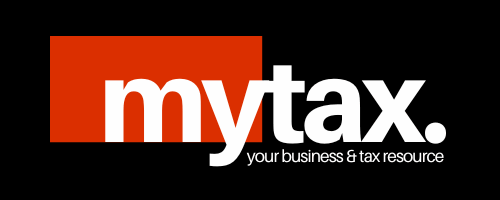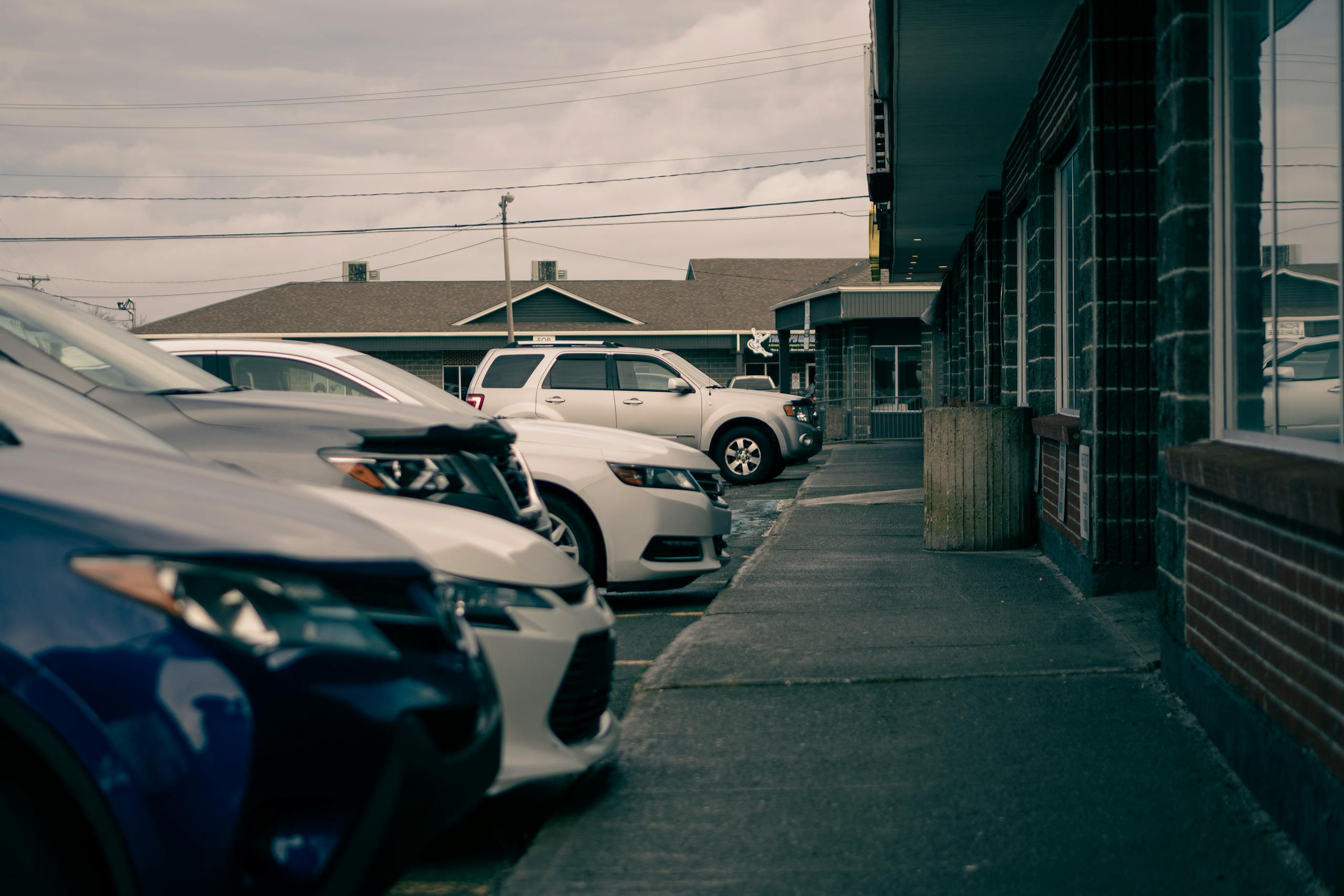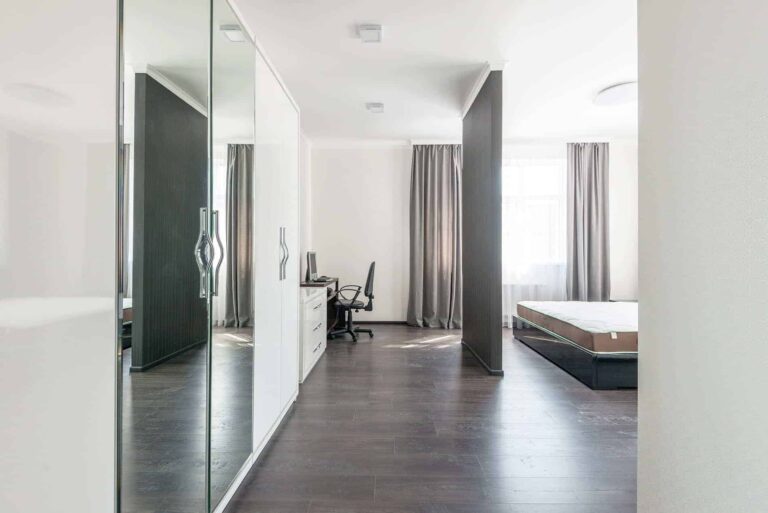One of the most common questions we get is:
“Can I use my SUV or car as a business expense?”
If you’re a small business owner, gig worker, or freelancer in Canada who uses your personal vehicle — especially an SUV — for both business and personal purposes, the answer is: yes, you can deduct a portion of your vehicle expenses. But there are rules.
Let’s break it down simply.
Track Your Business Use Percentage
To claim vehicle expenses, the CRA requires that you keep a detailed logbook of your driving.
Here’s how you calculate your business use:
Business Use % = (Business Kilometres ÷ Total Kilometres) × 100
Only that percentage of your vehicle expenses can be deducted..
What Expenses Can You Claim?
Once you know the business use percentage, you can apply it to eligible expenses such as:
- Loan interest (if financed)
- Gas and oil
- Insurance
- Maintenance and repairs
- Lease payments (if you lease the SUV)
- Capital Cost Allowance (CCA) if you own it
- License and registration
CCA Rules for Cars
If you own the SUV, you’ll claim CCA (Capital Cost Allowance) instead of lease payments.
Here’s what you need to know:
- Most passenger vehicles fall under Class 10 or 10.1
- If the SUV costs more than $30,000 before tax, you’ll hit the limit on how much CCA you can claim
- Some larger vehicles such as SUVs or pickups used 90%+ for business may fall under Class 16
Confused about which CCA class applies? We can help you figure that out.
Keep Your Records
To support your claim, CRA expects you to:
- Keep a logbook for at least one full year
- Keep all receipts for fuel, insurance, repairs, and loan/lease agreements
Short on time? There are apps now that help automate mileage tracking and receipt storage — let us know if you need recommendations.
Final Word
Using your SUV for business does open up tax deduction opportunities — but only if you keep proper records and understand how CRA treats mixed-use vehicles.
Get Tax-Ready Today
Start your tax prep now by giving speaking with us today.







